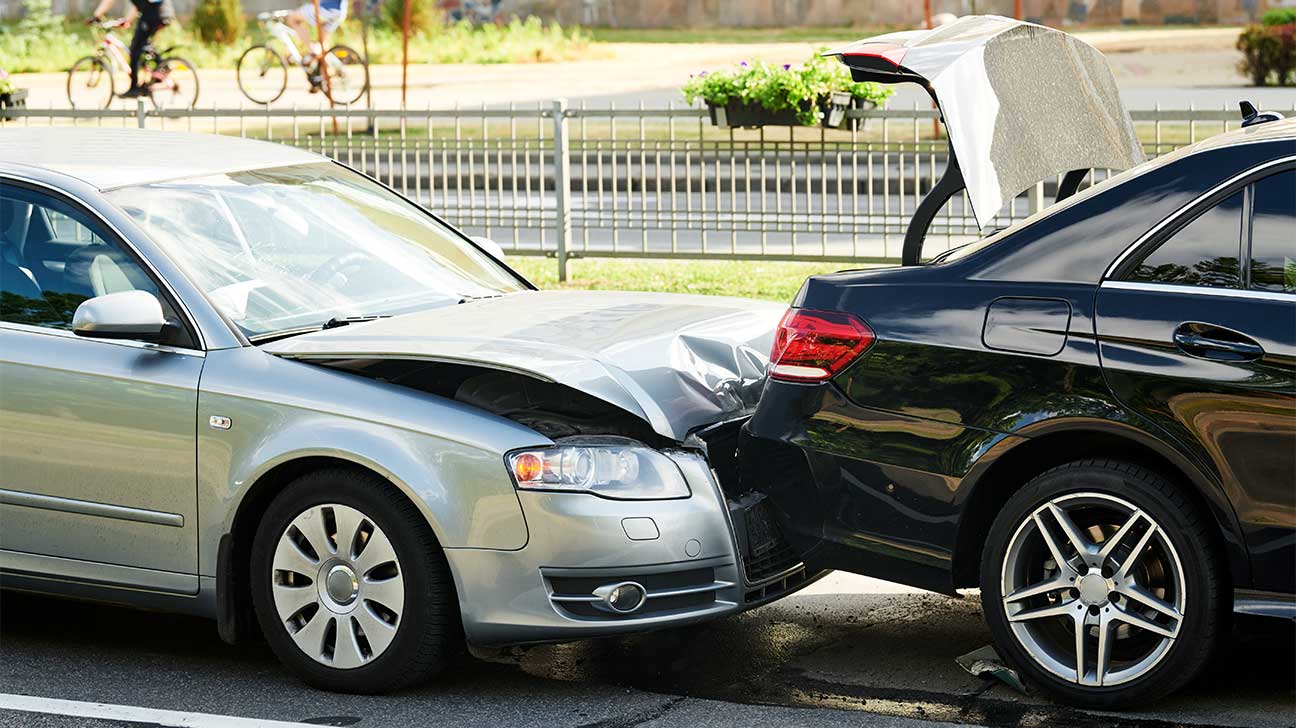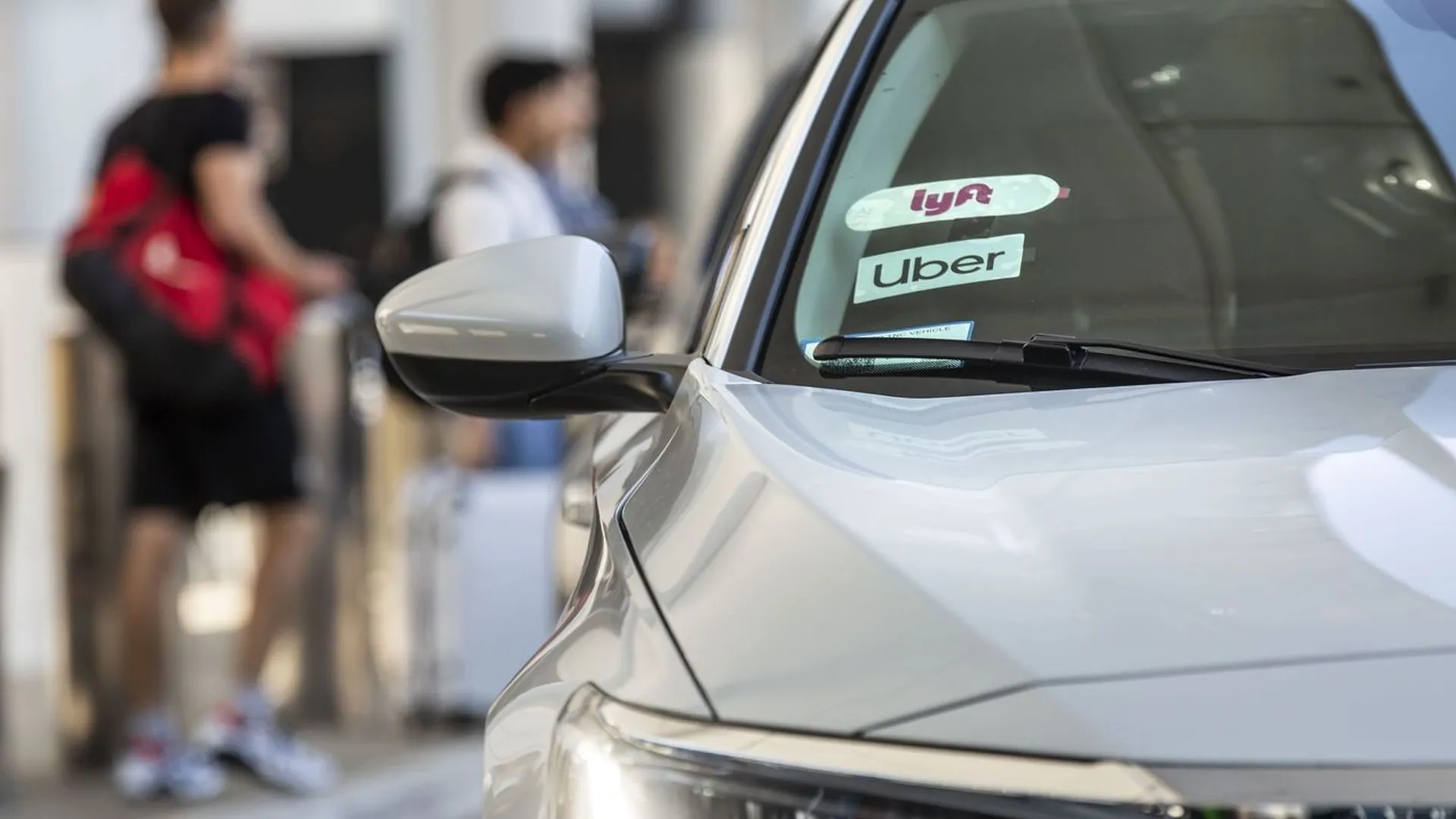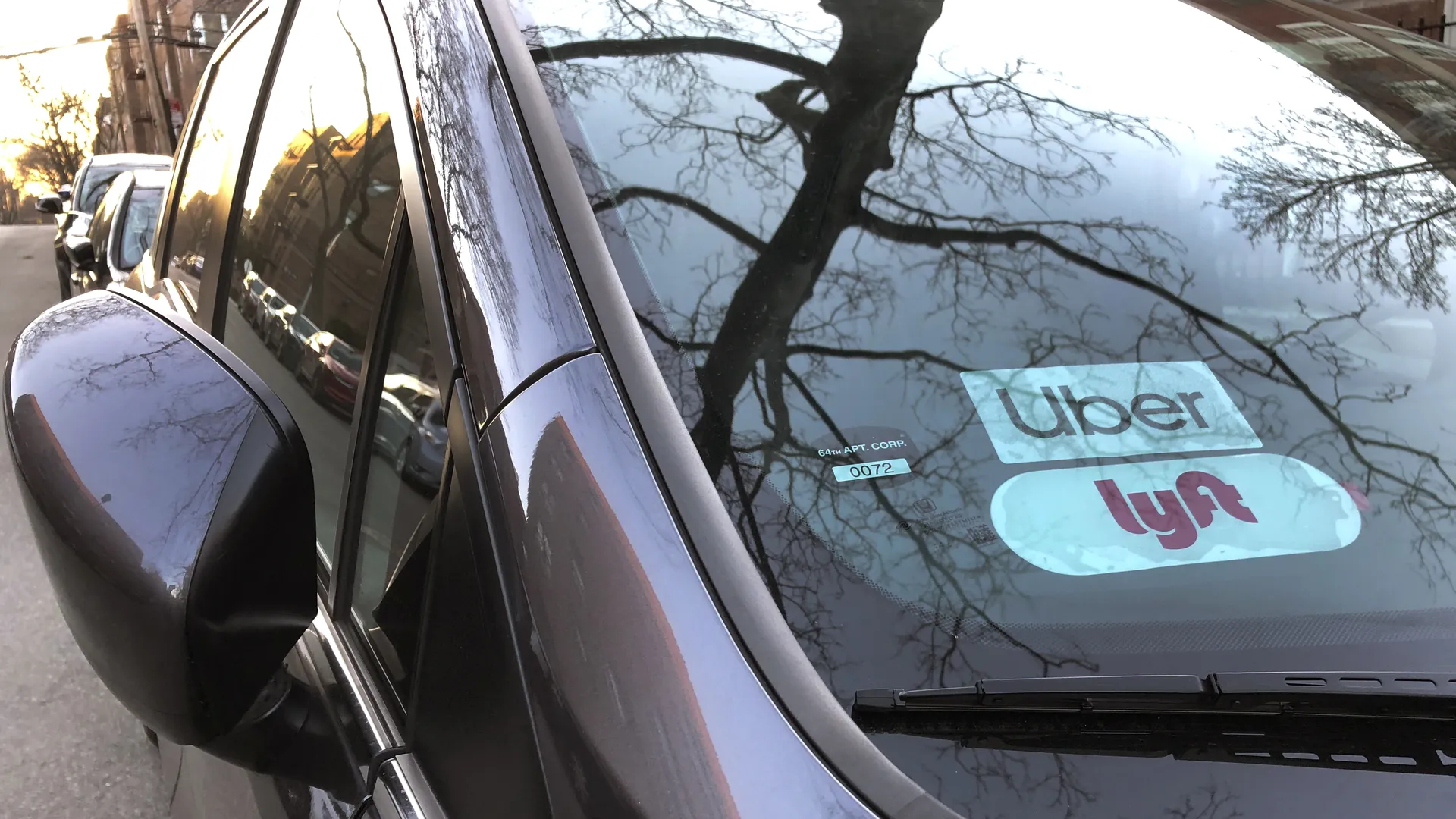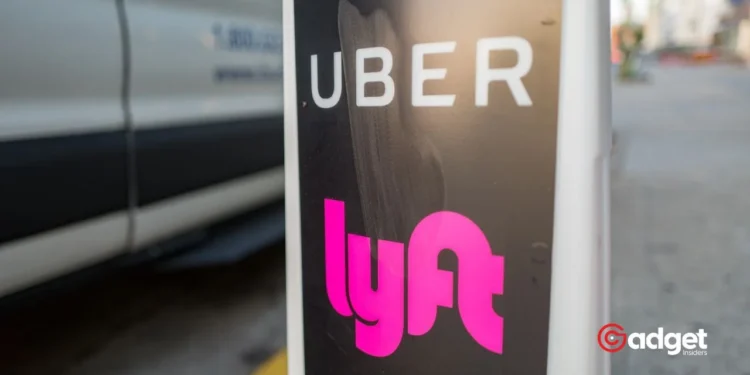In a recent turn of events in Minnesota, lawmakers alongside DFL (Democratic-Farmer-Labor) legislative leaders have unveiled a new compromise concerning statewide rideshare regulations. Despite the efforts to bridge differences, leading rideshare companies Uber and Lyft have promptly dismissed the proposal, threatening to withdraw their services from the state if the proposed regulations become law.
The amendment, scheduled for a discussion in a House committee, introduces a pay rate of $1.27 per mile and 49 cents per minute. This proposed rate is a step down from Minneapolis’s current rate of $1.40 per mile and $0.51 per minute. Still, it remains above the figures the Minnesota Department of Labor and Industry suggested. The department’s study recommended a rate of $0.89 per mile and $0.49 per minute to meet the city’s minimum wage of $15.57 an hour.
“This was a really big move for the Minneapolis City Council,” stated House Majority Leader Jamie Long, DFL-Minneapolis, one of the primary negotiators of the deal. “This is coming down 13 cents from the rate they passed. And this is consistent with the rates that Uber and Lyft are operating within other states and jurisdictions.”

Uber And Lyft: Companies Cry Foul
However, the response from Uber and Lyft was swift and stark. Both companies have expressed that the rates would render their operations unsustainable in Minnesota, predicting that the services would become too costly for most users and decrease earnings for drivers.
“Rides would become unaffordable for most across the state, not just in Minneapolis, and drivers would earn even less,” a Lyft spokesperson commented on the situation, highlighting the potential repercussions of the legislation.

Uber paralleled these sentiments, with a spokesperson adding, “It’s disappointing some in the legislature are allowing the Minneapolis City Council to drive a decision that impacts millions of people who don’t live in the City.”
A Door Left Open?
Despite the strong opposition from the rideshare giants, Jamie Long remains optimistic, suggesting that the companies might be bluffing about their departure. He mentioned that there’s still room for negotiation and that he reached out to both companies to inform them of the new agreement, hopeful for further dialogue.
Legislative leaders announce agreement with Minneapolis City Council on a statewide minimum wage for rideshare drivers, featuring a rate of $1.27 per mile and $0.49 per minute. Within minutes, Lyft said it will leave Minnesota if this becomes state law. pic.twitter.com/p1MghrNiZZ
— John Croman (@JohnCroman) May 6, 2024
“If this law passed, the city council would amend their ordinance to reflect the state’s rates,” Long explained, indicating that adjustments could still be made to accommodate the concerns of the companies.

A State in Limbo
As the discussion heads to the legislative floors, the future of rideshare services in Minnesota hangs in the balance. The potential exit of both rideshare companies could reshape the state’s transportation landscape significantly, affecting thousands of drivers and riders alike.
It remains to be seen whether a viable compromise can be reached, or if Minnesota will face a future without these popular rideshare options.










